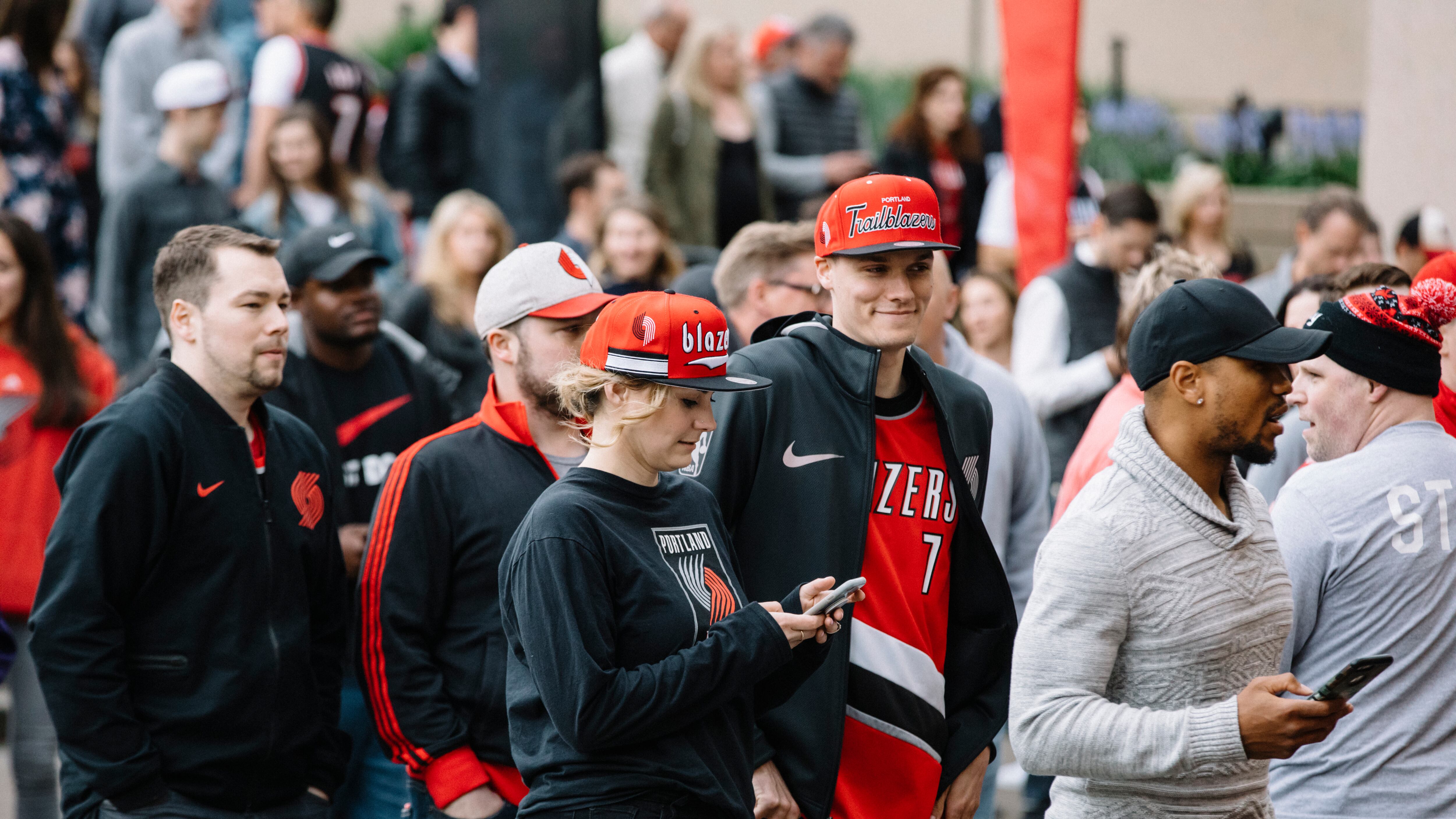Oregon lawmakers have come up with another possible source of funding to help reduce the state's $27 billion unfunded pension liability: the proceeds from betting on sports via mobile devices.
Earlier this month, legislative leadership introduced Senate Bill 1049, which proposed to reduce the unfunded liability of the Public Employee Retirement System by lengthening the repayment period, asking public employees to contribute to their pensions, and changing the rules about how many hours retirees would work. By far the biggest source of relief in that initial proposal is stretching out the repayment period, which is essentially an accounting gimmick that adds risk to the system without reducing employers' liabilities.
Yesterday, a new amendment to the bill called for the proceeds from sports betting to be dedicated to paying down that liability.
Here's what the amendment says, in part:
"Once implemented, 100% of net sports betting proceeds, after winnings and administrative expenditures, will be transferred to the Administrative Services Economic Development Fund."
The Joint Subcommittee on Capital Construction this morning recommended adoption of that amendment.
There are a few issues that remain unclear:
First, although the Oregon Lottery has been moving towards initiating betting on sports via mobile devices for the past year, not everybody thinks it's a good idea. Last week, for instance state Sen. Chuck Riley (D-Hillsboro) attached an amendment to a bill that would prohibit the Oregon Lottery from entering the new business.
A second complication is the desire of Oregon's nine tribes to be involved in whatever new business the Oregon Lottery enters, whether as a partner or a competitor.
Finally, allocating a significant source of new revenue—one gambling-industry publication estimates the amount wagered could be as much as $330 million a year, although the amount of net revenue would likely be a fraction of that—to PERS would mark a major departure and a diversion of funds from the established uses.
Currently, there are four primary use of lottery funds, which are the second biggest source of state revenues after personal income taxes: education (53 percent), economic development (26 percent) state parks and watershed enhancement (15 percent), Outdoor Schools (4 percent) veterans services (1.5 percent) problem gambling treatment (1 percent).
Those expenditure categories are constitutionally mandated so it's possible that directing a new revenue stream could require a vote of the people.
Kate Kondayen, a spokeswoman for Gov. Kate Brown, says the governor's PERS task force looked at dedicating the proceeds from sports gambling to the unfunded liability but couldn't get reliable projections for the revenue it might generate.
"While it ultimately was not a primary driver of contributions under the Governor's plan she is pleased the Legislature is moving it forward," Kondayen says.

